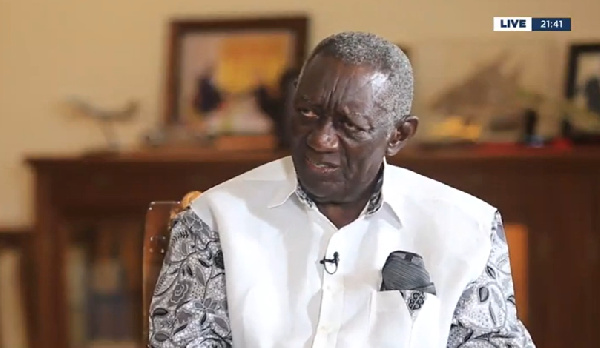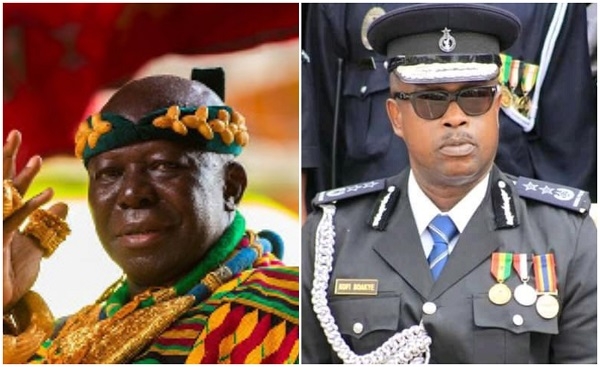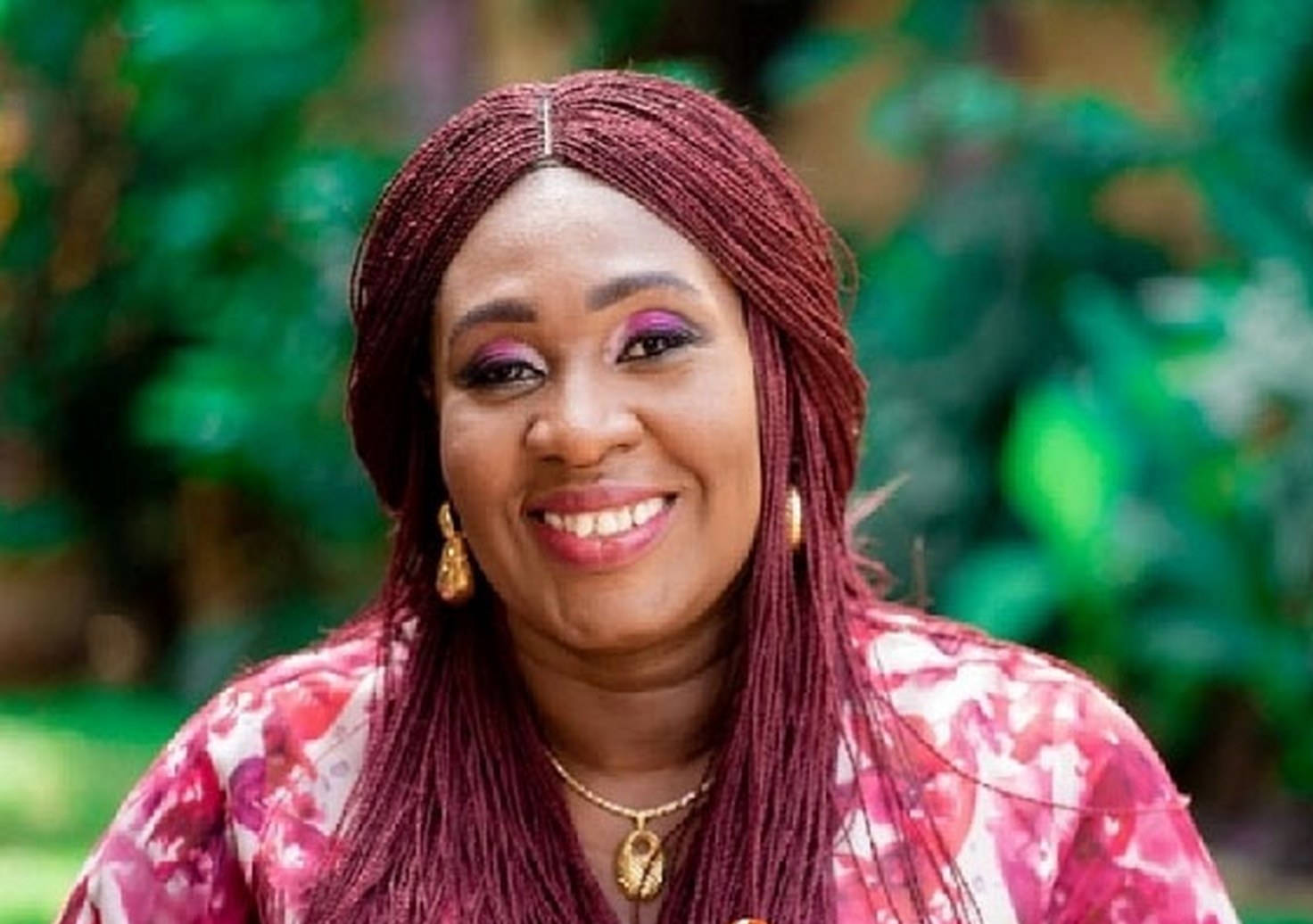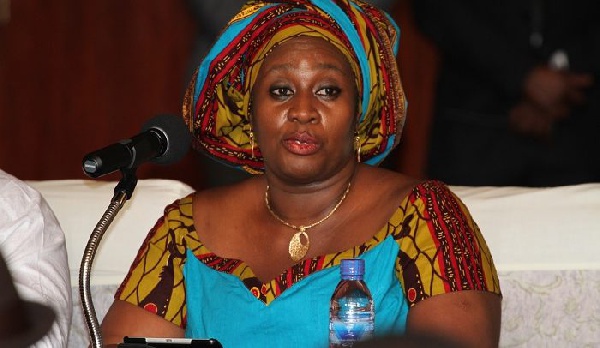
Bervelyn Longdon writes: NHIS should cater for childhood cancers

Childhood cancers differ from cancers for adults. They develop in different parts of the body, and according to medical experts, look different under the microscope and respond differently to treatments.
The World Health Organization (WHO) says cancer is a leading cause of death for children and adolescents around the world and about 300,000 of them aged from 0-19 years old are diagnosed with the condition each year.
Though the situation in the specific case of Ghana may be slightly different in terms of cancer being a leading cause of death among children because of the presence of Malaria and other basic ailments, it still provides a bird’s eye view of the global situation.
The most common categories of childhood cancers include leukaemias, brain cancers, lymphomas and solid tumours, such as neuroblastoma and Wilms tumour.
It breaks my heart to note that in high-income countries more than 80% of children are cured but in the lower and middle-income areas of the world where Ghana places, just about 20% make it.
The reasons for this low recovery rate are varied and many. However, the inability of the patients to get an early diagnosis and treatment is chief among the reasons. This is mainly financial accessibility. And it is the duty of state actors to ensure that people especially children do not die or suffer needlessly simply because of a lack of money to get healthcare.
The thought of the death of a child due to a parent’s inability to fund the treatment process is the daily plight of some parents. Without notice, childhood cancers alter the lives of some unfortunate children. These cancers, when they affect families with low income, frustrate the lives of families who in their own words find it difficult to feed on a daily basis. I interacted with some of these families and they tell me, their hope, the National Health Insurance Scheme, does not cover any of the treatment processes – thus their cry for assistance.
“…After the scan, the doctor informed me that my daughter has developed germ cells tumor and needed to transfer her to the Korle-Bu Teaching hospital. Truthfully, transferring her here for treatment was even difficult.
“I do not have the money for the treatment process. How to feed my children and myself daily is even difficult. I sometimes depend on the doctors for help. The National Health Insurance Scheme does not cover any of the treatment processes. All it takes care of is the drip,” a mother of a child with Germ cells tumor told me.
An Oncologist with the department of Oncology at the Korle-Bu Teaching Hospital, Dr Nihad Salifu, who sees and knows the daily battles of the parents, had this to say about the cost of treating childhood cancers.
“It is a disease that the cost of care impoverishes families even within the months of presentation. Most of the families that come to us, the parents have never been able to hold up to 500.00 cedis of their own as profit for whatever petty trade they are doing; and yet they have to do bone marrow aspirations, they have to fund the cost of CT scan, MRI scan just to make a diagnosis. Where are they going to get the money from?”
All these concerns, I put to the National Health Insurance Authority for some explanation as to why the NHIS does not cover infirmities like Child cancers. The Chief Executive Officer of the Authority, Dr Lydia Dsane-Selby provided some explanations.
According to her, “when the original benefit package was being decided, I think the decision was because of our limited resources to cover diseases that a majority of Ghanaians suffer as opposed to ones that affect just a few people and especially ones that are high cost.” She, however, said there is an imminent review of the package which is likely to address the concerns.
My overriding concern is to what benefit is a social protection system if it cannot address challenges as childhood cancers which experts say have better recovery rates, up to about 80%, and is relatively cheaper? Children by virtue of their age constitute a vulnerable group, and coupling that with conditions like cancer even makes their plight more devastating.
It is about time we worked together to get childhood cancers onto the NHIS benefit package.
The Scheme boasts it covers over 90% of all disease conditions reported in Ghana. We need to see conscious efforts from the Ministry of Gender, Children and Social Protection and the Ministry of Health (which gives approval for the inclusion of any ailment on the NHIS list) on this matter. We must act to give meaning to our claim of having a social protection system.






